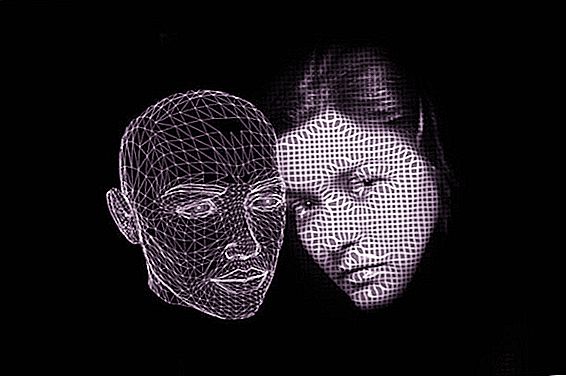This is the second lecture in the course "Introduction to Psychoanalysis" by Sigmund Freud, which describes erroneous actions as a tool for a psychoanalyst. How are erroneous actions determined and are they all related to psychoanalysis?

The study of psychoanalysis begins not with some kind of examination and observation of the course of the disease, but with simple mental phenomena that can be seen in every healthy person. And our object of study will be erroneous actions: reservations, clerical errors, stonecrops, donkeys, short-term oblivion, hiding (according to Z. Freud). It seemed, why to study such trifles? But little things often become the causes of the disease. And one should not underestimate a barely noticeable change in behavior: it is from them that a young man can understand that he has won the favor of a girl, or, conversely, she flirts and attracts his attention. A prolonged handshake, a gaze, forgetting the keys - all this is a small part of everyday life.
In psychoanalysis, erroneous actions are not considered if they are caused by physiological or psychophysiological reasons. Indeed, errors in pronunciation or forgetting can easily be explained by a clear illness. But how to explain cases when a person tries to remember a word, says "that it spins in the tongue", and when someone else pronounces it, he immediately remembers that word. Or cases where typos are tried to correct several times, but they still slip into the finished text?
There is no guilt of "evil spirits" or the other world. One of the main reasons that psychoanalysis is considering is suggestion. Moreover, a person can inspire an action or thought to himself, posing as a false reality. It all depends on inner desires. If a person is hungry and wants to buy a beautiful cake, although he came for milk, he will unconsciously buy a cake, sometimes forgetting what he wanted to buy.
When we make a reservation, in addition to suggestion and self-suggestion, the ratio of sounds also affects. If two words are similar and have recently been spoken, then they can change places imperceptibly to the speaker. Another reason for reservations is verbal associations. It happens when we see something or someone associated with a word or phrase that is spoken out loud by itself. Many poets and writers regarded the erroneous actions of the heroes as motives for action. Secret motives are secret desires. And Sigmund Freud agrees with them, suggesting that some of the erroneous actions are associated with the unconscious activity of our mind.
